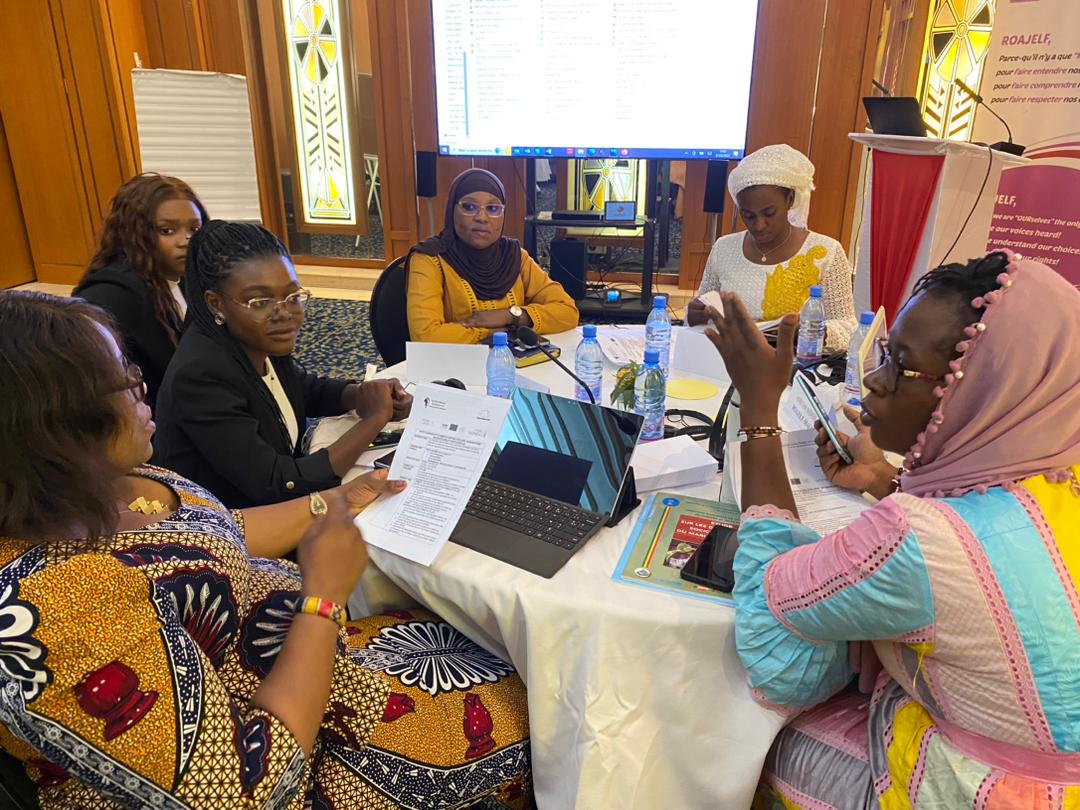Sexual and gender-based violence (GBV) are still rampant in Africa despite 20 years of the existence of an African Union Protocol against the vices, participants at the forum dabbed the Women’s Forum on the Elimination of Violence Against Women and Girls in Bamako, Mali has decried.
Speaking at the forum, Fautomata Djire Vice Chair, of the West Africa region of the African Women’s Development and Communications Network (FEMNET) said: “The magnitude and prevalence of Gender Based Violence in Africa warrants urgent attention.”
Djire noted that even though international legal instruments such as the one on “the elimination of violence against women and girls (EVWAG) exists violence and harmful and discriminatory practices against women and girls ensue in Africa, women need to collaborate and fight for their freedom.
“African women and all their diversities must be the main agenda in African Unions’ Agenda 2030,” she added.
On the same note, Abdramane Coulibaly, the Project Manager for EVAWG at UN Women, Mali said, “The efforts towards the elimination of violence against women need to be enhanced.”
Coulibaly emphasized that eliminating gender-based violence is a collective effort that needs collective actions because the ramifications affect the community at large.”
Accordingly, Jill Anami, sex and reproductive health rights (SRHR) officer at the FEMNET said, “African countries need to collectively implement and accelerate efforts towards elimination of violence against women and girls.
Anami reiterated that regional and global bodies need to prioritize and promote policies that safeguard against sexual gender-based violence and harmful practices for all African women and girls.”
It is worth noting that Sexual Gender Based Violence (SGBV) manifests sexually, physically, emotionally, financially, and economically (where women are forced to give in to access to decent jobs, public services, and quality education).
Linda Fremah from Substantial ladies in Governance, Ghana stated that institutions must put in place safeguarding policies that protect women and girls against all forms of discrimination including sexual harassment, exploitation, and abuse.
Fremah also said governments and donors should continue funding policies that promote SRHR for effective implementation in West Africa.
Seemingly, many African corporate institutions, governments, and key stakeholders continue to pledge to the realisation of Sustainable Development Goal 5 without checks and balances that eliminate violence against women.
From the discussions, it was evident that there is a large disparity in women’s engagement in policy formulation and implementation.
However, the resounding conviction that propels African women to resume the struggle for freedom and liberation was underscored as crucial to realizing key SRHR policies such as the Maputo Plan of Action.
About 19 years ago, African States adopted the Protocol to the African Charter on Human and Peoples’ Rights on the Rights of Women (Maputo Protocol), heralding a new era in the women’s rights movement in Africa.
The Protocol builds on international human rights treaties and lays out progressive provisions designed to holistically address violence against women and girls and beyond that, addresses the unique challenges faced by women and girls in Africa. To date, 43 out of the 55 countries in Africa have ratified it with 12 African countries yet to ratify it.
The forum was a collaboration of the West African Network of Young Women Leaders (ROAJELF) and FEMNET members with the support of multisectoral partners through the Spotlight project, a global partnership between the African Union (AU), the European Union (EU) and the United Nations (UN).
The forum focused on eliminating all forms of violence against women and girls by 2030 and brought together women, girls, and feminists from Benin, Burkina Faso, Cameroon, Cape Verde, Cote D ‘Ivoire, Gambia, Guinea, Guinea Bissau, Ghana, Liberia, Mali, Niger, Nigeria, Sierra Leone, Senegal, and Togo.
In general, the meeting was poignant and powerful, it deeply connected with the contemporary realities African women encounter but remained alive to the reality that women are no longer second-class citizens.
The collective voices were truly transformational and catalytic to the continental feminist agenda while promoting women’s rights in Africa.
Participants also took a deep dive into the African Union and Global Policy Agenda on EVAW, SGBV/HP, and SRHR.
They also deconstructed the old patriarchal dogmas intertwined in neoliberalist culture while at the same time debunking physical and psychological abuse entrenched within the socio-political.
Participants also took a deep dive into the African Union and Global Policy Agenda on EVAW, SGBV/HP, and SRHR.
By Imali Ngusale, Bamako, Mali

